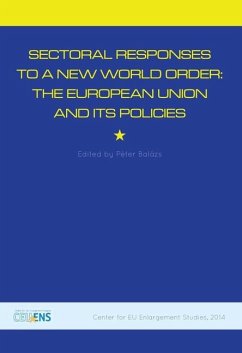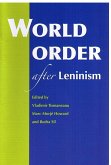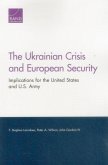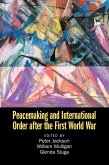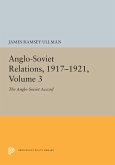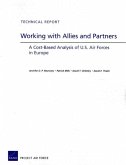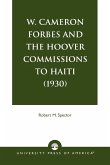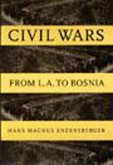In the early 2000s, the European Union (EU) set off to transform itself into a player in world politics. Drawing strength from the Unions sui generis nature, that it has always been a unique economic and political project, its leaders sought to make the EU a de facto global actor. However, in the past few years, the changing international order, the decrease in European competitiveness and economic output, as well as a number of internal institutional compromises began to challenge the EUs ability to perform its role as a global player, indeed even its role of regional stabilizer. The ongoing military conflict in Ukraine, the U.S.s continuing pivot to Asia, and the repercussions of the global financial crisis in the Eurozone all hamper the Unions ability to act, but also its magnetism: partner countries now without a clear path to accession appear to be much more opportunistic when it comes to their European relations, than the enthusiastic post-communist countries who became members in 2004.
Hinweis: Dieser Artikel kann nur an eine deutsche Lieferadresse ausgeliefert werden.
Hinweis: Dieser Artikel kann nur an eine deutsche Lieferadresse ausgeliefert werden.

